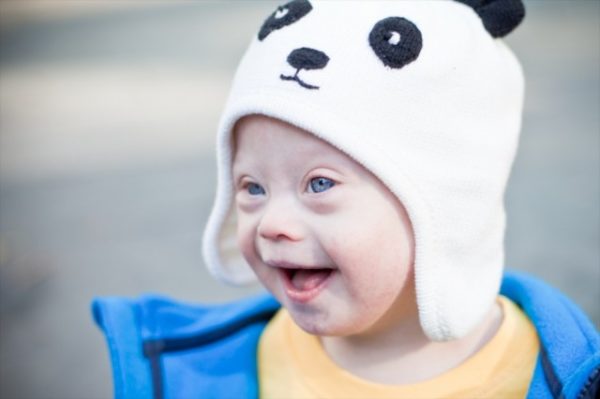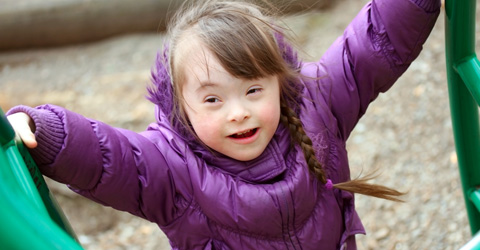I just arrived here in Topanga, California to take care of my sister after her surgery, and now that she’s fed, I’m going to try to crank out my work. On the flight here, I cranked out all my transcriptions for the week, and when I finished, I thought about the phrase, “I love you.” We usually sign off on emails with, “Love you,” like we’re too lazy to add that “I.” I think it’s really because we’re inhibited and those three words together make it all the more personal. Better omit the “I” so that the person might think, “Well, who does love me.” So I’m going to try to be better about saying and writing all three words.
By the way, just an F.Y.I., Raylene has accepted the maximum number of questions for this month’s Q&A, but I will post when she is ready for questions for the March one. She and I will have a Skype session to answer the questions, and then a day or two later, I’ll post them to YouTube as well as on the blog. Remember that if you don’t have it yet, there is a Channeling Erik app for iOS and Android phones, It’s completely free and will notify you any time there’s a new YouTube, blog post, Instagram post, radio show or tweet.
Oh, and don’t forget that tomorrow at 7 PM CT is Erik’s Hour of Enlightenment radio show. Call 619-639-4606 15 minutes prior to talk to Erik. http://goo.gl/aFHTzJ
Enjoy today’s post!
Me: Okay, now for our last session for the day. We’ll make it a short one. Hi, again, Erik! Hi, Kim. Erik wanted to talk about Down’s syndrome, other forms of developmental disorders, autism, Asperger’s, that whole spectrum. What’s the spiritual basis for that?
Erik: This is a big one and Mom, we’re seeing more and more of it.
Kim: I don’t know if statistically that’s correct, but I’d be interested to find out.
Erik: We’re seeing more and more cases of Down’s syndrome, of autism and other developmental delay cases. Some are even diagnosed later in life.
Me: Oh, okay.
Erik: I guess the reason and the purpose are a little bit different. The reason why one incarnates is for a ripple effect, and it’s a volunteer basis to come in with this type of experience. When you come into contact with these types of people, it requires you to detach from ego. That’s the purpose, anyway. That’s the intent.
Kim (Shaking her head in frustration): Oh, he’s talking really fast! He’s talking about two things at once.
Me: Poor Kim! Rein him in!
Kim: Yeah, he’s talking about all forms of autism and the way those with Down’s syndrome look, physically.
Erik: So with Down’s syndrome and developmental delays, it’s connected to ego, and it’s to teach us about what ego is and what it means. We’ll get to that in a minute. Autistic people are different, but they come in in the same group. Same spiritual purpose, different manifestation.
Me: Okay.
Erik: The spiritual purpose is to show—these people know themselves. They’re very connected to themselves. They don’t associate with egotistical views.
Me: Yeah, I can see that.
Kim (Smiling and shaking her head): Here’s an example Erik is using. He’s actually applying this to both autism and Down’s syndrome.
I think he means everything on the autism spectrum, including Asperger’s and every disorder that causes mental retardation.
Erik: If you were to say, especially to a child, or even an adult, “Well, you better not do that, or here’s the consequences,” those consequences even come from a place of ego. They can’t weigh it out. The consequences don’t even make sense to them because that involves ego. So these people might seem sort of neglectful. They neglect to follow the rules or they don’t abide by common standards of what other people do because they don’t understand or relate to consequences. Why? Because it can be associated with ego, and they have no ego.
Me: None or just a weak one?
Erik: They’re very disconnected from ego.
Me: Okay.
Erik: But they’re very intuitively aware.
Me: So, what does the child with a developmental delay learn? What’s the spiritual lesson for them?
Erik: The spiritual lesson for them, going through this spiritually, is to be adaptable. They have to be adaptable to various situations. Sometimes, that requires ego, so this can be very difficult for them like if they’re in a classroom setting for the first time, and they have to adapt even though they’re different. This teaches them self-reliance. There’s a little bit of ego in there to know self as an individual.
Me: Okay.
Kim: He’s showing me energetically. This feels extremely difficult.
Me: Oh god, I can only imagine. What about for the parents? Is there a lesson for the parents or others in the family, friends?
Kim: He kind of laughed when you said that.
Erik: For the parents, the teachers, the family, it’s a lesson in faith and trust. These people will show you that they’re more adaptable than most give them credit for. If you have a child going into school with Down’s syndrome, we anticipate with more fear than they do. They’re still very much in the Now. They’re very mindful. Those with autism are even more disconnected from ego, but they also are very spiritually aware and mindful, so much so that, depending on the type—you guys would call it the level of severity of autism, but we would call it the level of intuitiveness. These people still have one foot or a part of their consciousness associated with their spiritual self and not so much with their physical self.
Kim: He actually makes me feel like for people with autism, no matter what kind, tangible things like touch, social interaction, anything physical feels foreign. It’s hard for them to process mentally because they’re so used to their spiritual self.
Me: Ah, interesting!
Erik: Everything is natural. Everything just is. Here in the physical world, we have to make things happen. There’s physicality behind it, Mom. It’s almost like they have to double process. They have to process things from a spiritual understanding and also from a physical understanding.
Me: That’s overwhelming! Oh, my gosh!
Erik: Exactly. Those two talking at the same time can be very confusing. So if you see these people and they don’t seem to act naturally with common social interactions and rules and if they seem neglectful, it’s because they don’t align with that thought process or understanding.
Me: Okay, so what are we to learn? What are the people in their lives to learn?
Kim: This is tough. I couldn’t imagine. I have a friend that has a child with Down’s syndrome.
Erik: You need to step back a little bit, take your hands off the situation, and give a little more faith and trust to—
Me: Oh yeah! We’re here to learn faith and trust. Yeah, that’s right.
I forgot.
Erik: Because we often, especially in cases like these—I hate to call them out, Mom, but there are even some people that over-identify with this and are like, “Poor me. I have a child like blah, blah, blah.” But again, it’s part of their contract. What they need to do is step back and let the child adapt. Let them figure out ways to cope. Let them think for themselves because we often want to jump in and go, “This is how you do it.” We forget to let them think for themselves. Trust me, they can think. They’re very smart people.
Yes, there are many forms of intelligence.

So cute!



